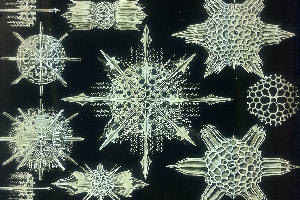Computer pioneer Turing celebrated at Museum
Published on 21 March 12

Manchester Museum is celebrating the achievements of early computer pioneer Alan Turing - one of the University’s most renowned researchers - in a new exhibition.
This year marks the centenary of the birth of Alan Turing, one of the leading thinkers of the 20th century.
Best known as a pioneer in the development of the computer and for helping crack the Enigma code during World War II, from 1948 until his death in 1954, Turing worked on the early computers at the University.
At a time when people knew very little about genetics or DNA, Turing used the early computer to try to crack how a soup of cells and chemicals could transform itself and grow into complex natural shapes - a subject known as morphogenesis.
In an incredible article published in 1952, Turing suggested that everything from the spots and stripes on animals to the arrangement of pine cones and flowers could be explained by the interactions between two chemicals.
Turing's work in this area is intimately connected with the timing of his trial and conviction for homosexuality, and his subsequent ‘treatment’ with a course of chemical injections.
The free exhibition, which runs from 24 March to 18 November, gives you the chance to find out about the impact and continuing relevance of Turing’s work to experts at the University and take part in a range of public events.
